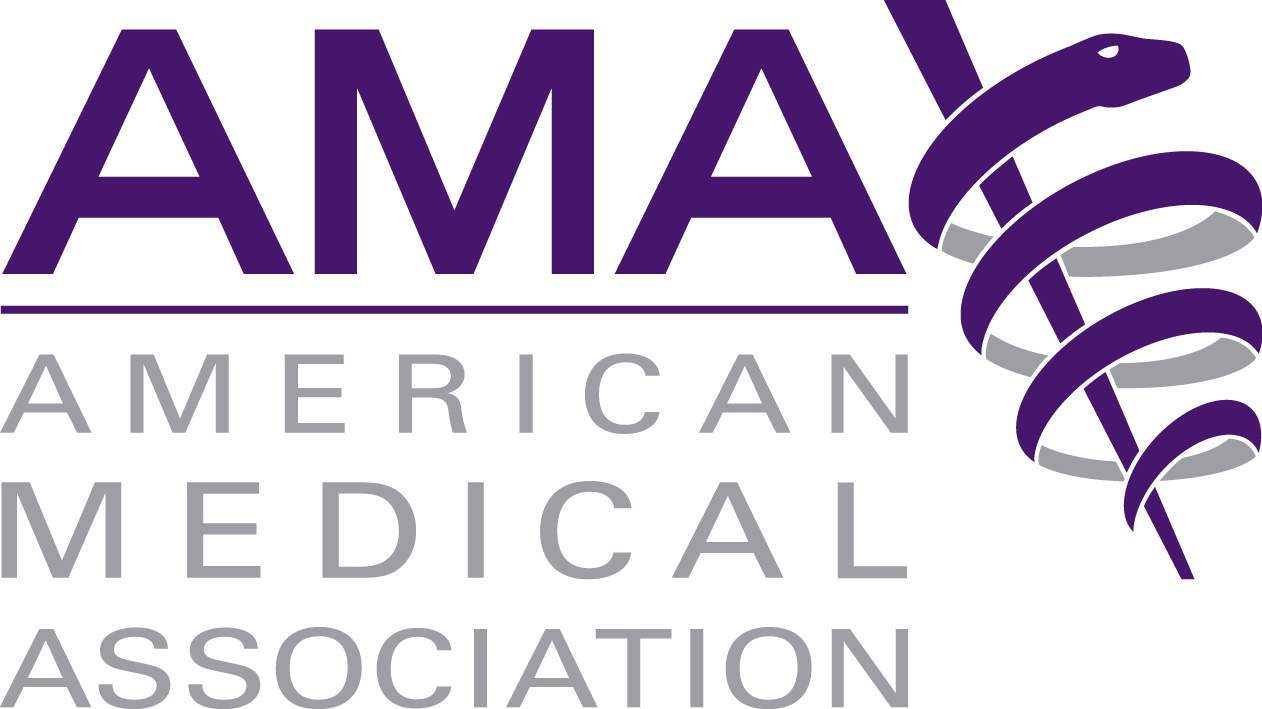Your AMA at Work
I have two articles to talk about here that I feel are worth investigating. It just shows how clueless the AMA is. Here is one from their own “AMA Morning Rounds”.
The New York Times (9/21, Gold) reported that the opioid crisis is “increasingly manifesting itself at construction sites, factories, warehouses, offices and other workplaces,” with “a stunning 70 percent of employers reported that their businesses had been affected by prescription drug abuse, including absenteeism, positive drug tests, injuries, accidents and overdoses, according to a 2017 survey by the National Safety Council.” The Times described the stories of many workers’ on-the-job opioid overdoses and mentioned that “about 1.3 percent of construction workers are thought to be addicted to opioids, or nearly twice the addiction rate for all working adults, according to data from the 2012-14 National Survey on Drug Use and Health.”
Well, that seems like a problem. Here is what the AMA is doing about it. This from another separate article:
- The American Medical Association is opposing a change to patient privacy laws that would allow doctors to more freely share information about a patient’s history of substance use, a proposal that has divided the health care community and highlighted some of the challenges of addressing the opioid epidemic.
- The provision would allow doctors to much more freely share a patient’s full medical history, including addiction treatment, with other health care professionals and even insurers, sometimes without a patient’s consent. Patients with substance use disorders must currently provide a one-time consent for information about addiction to be used in their electronic health record, or elect to consent to a single hospital or health system using that information.
- The groups pushing the measure say that the current restrictions inhibit providers from accessing information critical to providing quality treatment — giving a common example in which a doctor, not knowing a patient has a history of addiction, unknowingly prescribing opioids for pain treatment.
- Opponents of the proposed change, however, argue that Americans with substance use disorders face such severe discrimination that removing some confidentiality protections could discourage them from seeking medical treatment entirely.
- The powerful AMA, in entering the fray, is also pitting itself against a similarly strong coalition of groups, including the American Hospital Association, the American Society of Addiction Medicine, and insurers including Aetna, Cigna, Anthem, and Blue Cross Blue Shield.
Doesn’t the AMA supposedly represent doctors? And isn’t privacy change what the doctors want? We are so handcuffed by these ridiculous privacy laws that we “unknowingly” prescribe pain meds to narc seekers and then get in trouble for it. What if they have an accident on the job (see my first reference)? Can they come after the doctor? Yes!!!
And the AMA, where “membership moves medicine”, sits back and collects dues.










Not my effing dues. I quit 18 years ago. I deal with geriatrics and what the hell you gonna do
with true legit pain situations that are not remedial by standard surgical, physical or needle therapies? Burn a hole in Grandma’s stomach and fry her kidney beans with NSAID’s?
Sheeeeeeiiii^^^^!!! damned if you do and damned if you don’t!! Last I hear we can’t prescribe heroin yet (or herion as I saw it spelled on an intake form many times in a methodone clinic I moonlighted at 35 years ago.) So it’s not our fault for that. My contention is the problem is population growth in the U.S. with a large number of people who are at risk to abuse. I had major surgery and when they said I could have 4mg of Morphine every “2 hours”, I thought crap this is going to hurt and they were right. Went home the next day with norco and boy I needed that too. I had one refill of 60 because of a complication and had leftovers. When the pain was manageable and on it’s way down, I didn’t need the narc anymore nor did I crave it at all!! I was off work the entire time of recovery and while on the narcs.
I stopped my AMA membership a couple of years ago. My wife hasn’t been a member for over 10 years. We keep getting requests to renew, not gonna do it.
My state (Ohio) has a pharmacy reporting system. We are required to review a patient’s history prior to prescribing any narcotics for acute pain, and every 3 months for chronic patients. We are allowed only to prescribe 7 days worth of opiates for acute pain, more than that requires detailed documentation. Meds other than opiates on this list include Benzos, gabapentin and Lyrica.
Oddly, while prescribing has been curtailed, we still have a serious overdose problem, from street obtained drugs.
The employers suffer from out-of-spec laborers and serfs! What hospital administrator doesn’t suffer with that every day?
And the free movement of zek doctors and iron workers between jobs? They’re a nightmare to track and chip!
Add the medical chart to the spy data – and punish the doctors for being bulldogged into writing for opiates!
Everyone’s a winner.